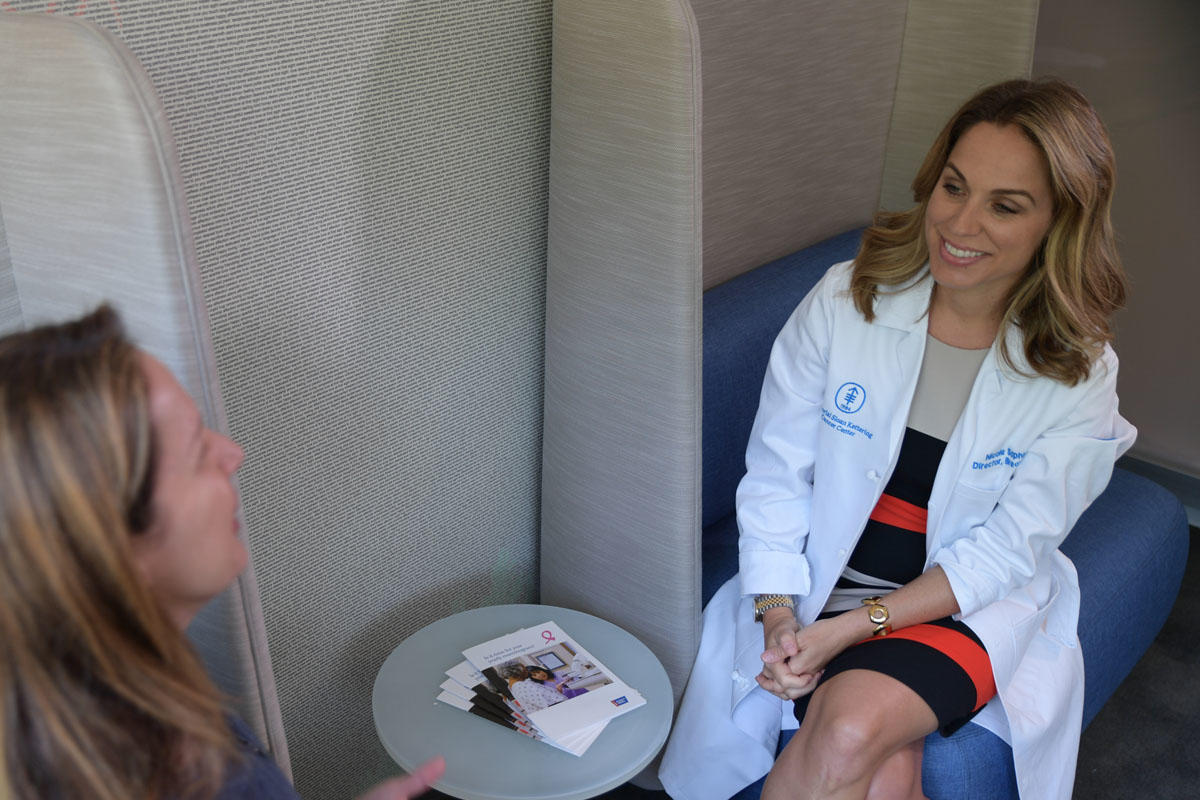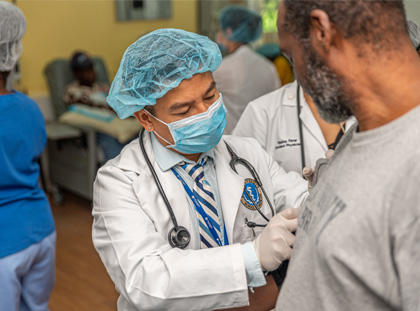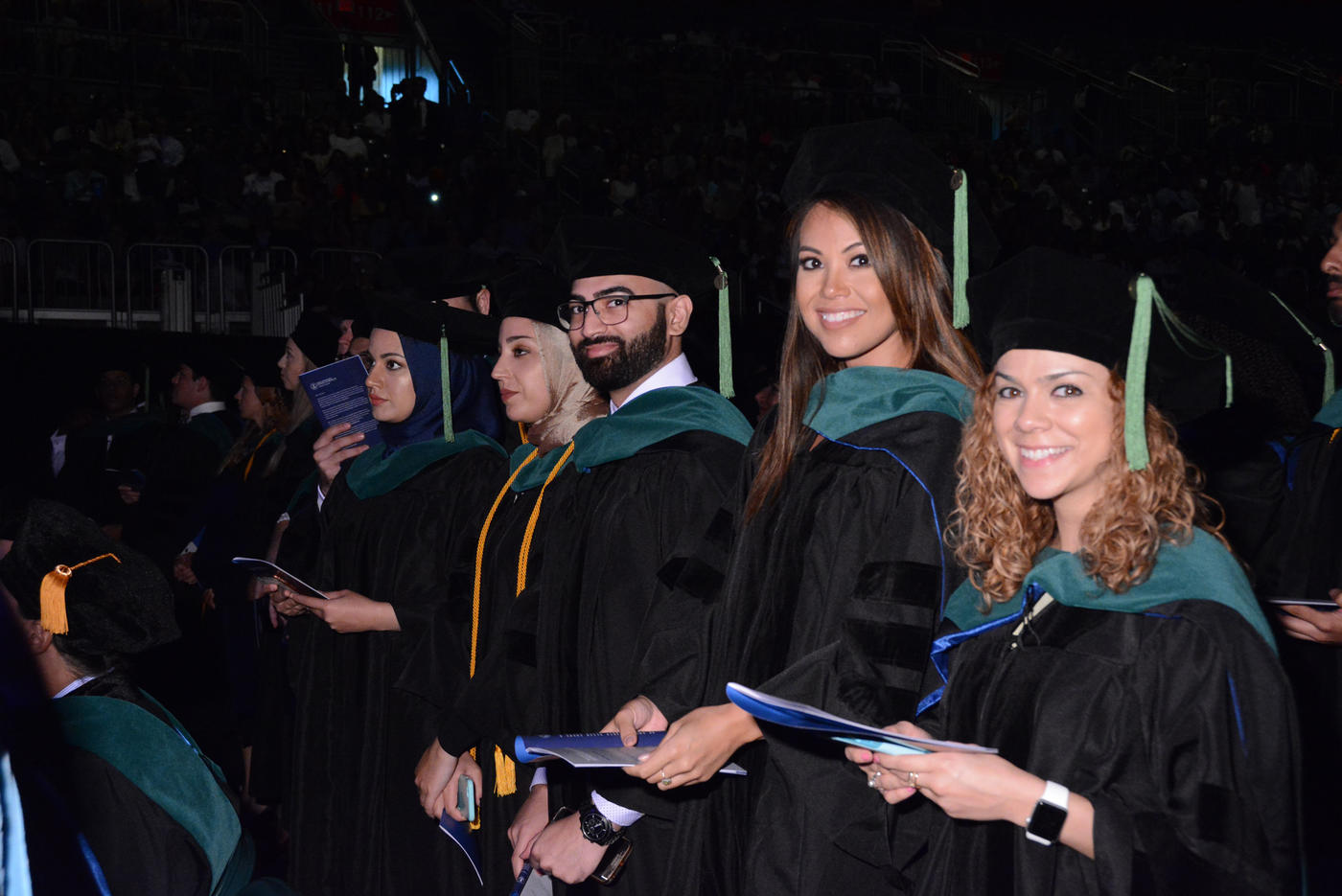For students entering their final year of medical school, the residency application process can seem daunting. You’re excited to embark on the next phase of your medical training, but you’re also anxious about all the steps it takes to get there.
One stage that many students fear is the interview process. How should you prepare for a residency interview, and what steps can you take to ensure you present yourself in the best possible light? The following will walk you through key residency interview tips so that you can walk through the door with confidence.
How To Prepare For Residency Interviews
Residency interview preparation should always begin with research. You’ve likely already thoroughly researched the residency program, but now it’s time to read about the program’s faculty so that you know their clinical and academic interests. This will help you understand whether the program is the right fit for you and will help you ask good questions during the interview.
Practice, Practice, Practice
Interviews are not natural for anyone, but anyone can learn to improve their interview performance. Research common residency interview questions asked during medical residency interviews and write down key bullet points for your responses. Think of your responses as a very short essay: they should have an arc with a clear beginning, clarifying or supportive details, and a conclusion.
Sample Residency Interview Questions
- Why do you want to go into [specialty]?
- What are you looking for in a residency?
- What interests you about this program?
- What is your greatest strength/weakness?
- What do you hope to gain from this residency program?
- Where do you see yourself in 5-10 years?
- What are you most proud of in your career to date?
A key residency interview tip is to practice saying your responses out loud and make sure you can hit the key points in clear, concise answers. On the big day, however, avoid reciting memorized responses to questions. Think about the question you’ve been asked (even if it was on your list of practice questions) and answer honestly and thoughtfully.
Consider asking a colleague or mentor to run through mock interviews with you and record them on your phone. Uncomfortable as it might be to watch, seeing yourself on video will make you aware of your posture, hand gestures, or nervous ticks that you can work on before the interview.
Ask Questions
While much of the interview will be devoted to answering questions, all interviews include some time for you to ask about the program. It is beneficial for you to prepare residency interview questions of your own. Review the list of questions developed by the AAFP as a starting point, then tailor the questions to your specific program and interests.
Sample Questions to Ask
- What type of practices do past graduates commonly enter after residency?
- What are the program’s strengths? What makes the program unique?
- What are the patient demographics?
- What changes do you anticipate in the program during the next 3-5 years?
- How has the program demonstrated leadership in education?
Dress Appropriately
It’s best to dress in formal business attire for medical residency interviews. You want to look professional and put together which, coincidentally, is what patients want from their doctors. A dark-colored suit is always a safe choice and will allow your interviewers to focus on your responses, not your outfit.
Mind Your Manners
Remember that every interaction you have is part of your interview, whether it be with the residency director, residents, or administrative staff. Treat everyone you meet with courtesy (a good rule to follow in any situation!) and remember that their opinion might factor into your acceptance.
Your interview will likely include some time to casually interact with residents and faculty, such as a dinner or other social activity. While you can use this opportunity to relax and get to know the people with whom you might be working, keep things professional and avoid deeply personal disclosures or anything you wouldn’t do or say in front of your mom.
Relax!
One of the most important residency interview tips is to relax and be yourself. You’ve done the preparation so that you can feel confident and proud of who you are and how much you’ve accomplished to date. If you’re feeling nervous before the interview, take a few long, deep breaths, picture yourself doing the interview with ease, and remind yourself that everyone feels nervous before an interview.
The Ross University School of Medicine has a strong history of placing graduating students in internal medicine and specialist residencies. RUSM has a 92% first-time residency attainment rate for 2020-2021 graduates. Take the next step on your path to a specialization in internal medicine: apply for admission to RUSM.
Related resources:




